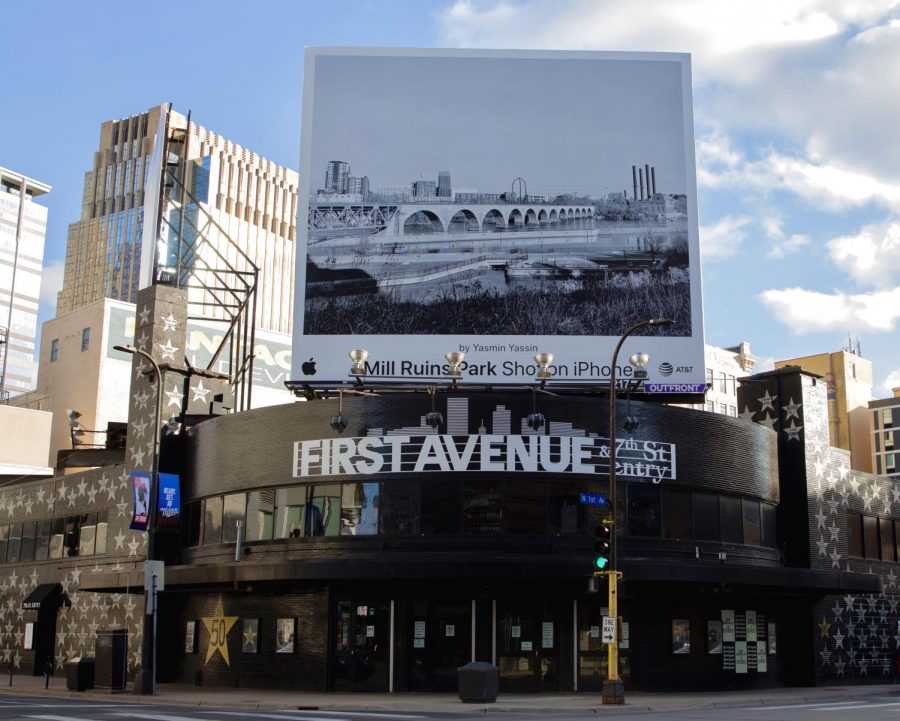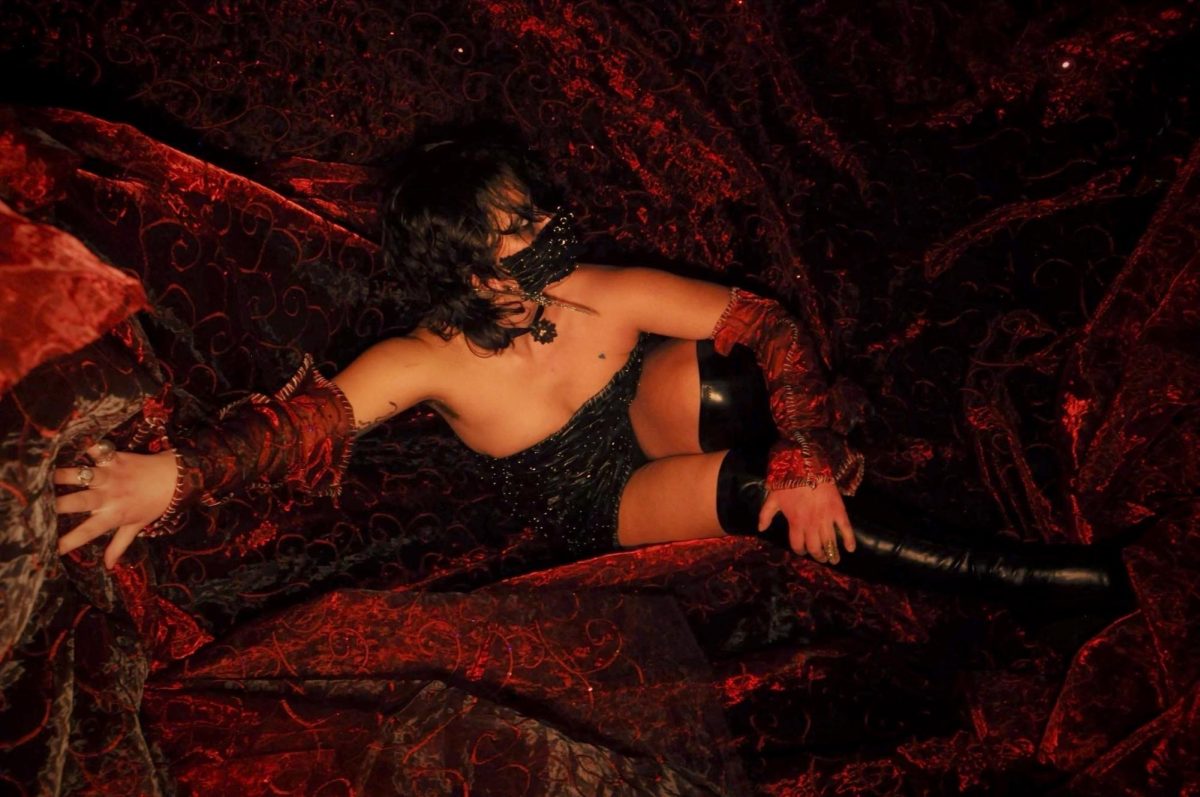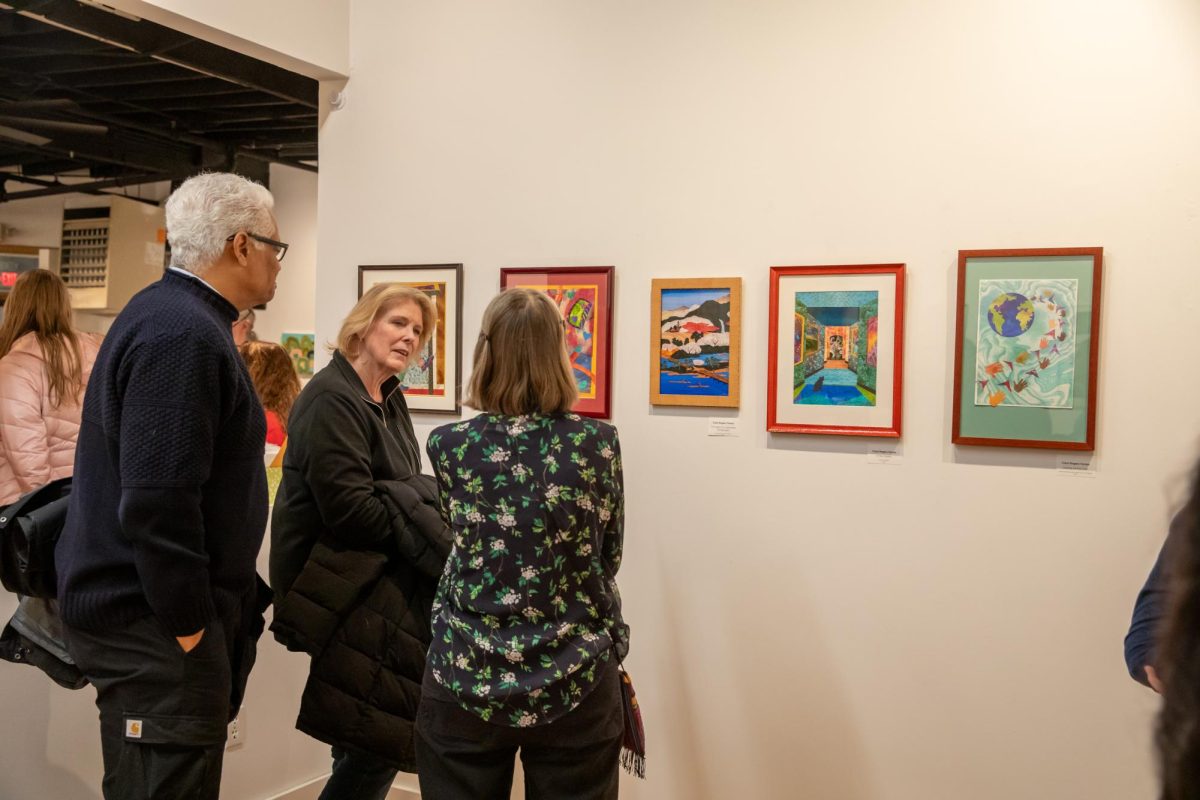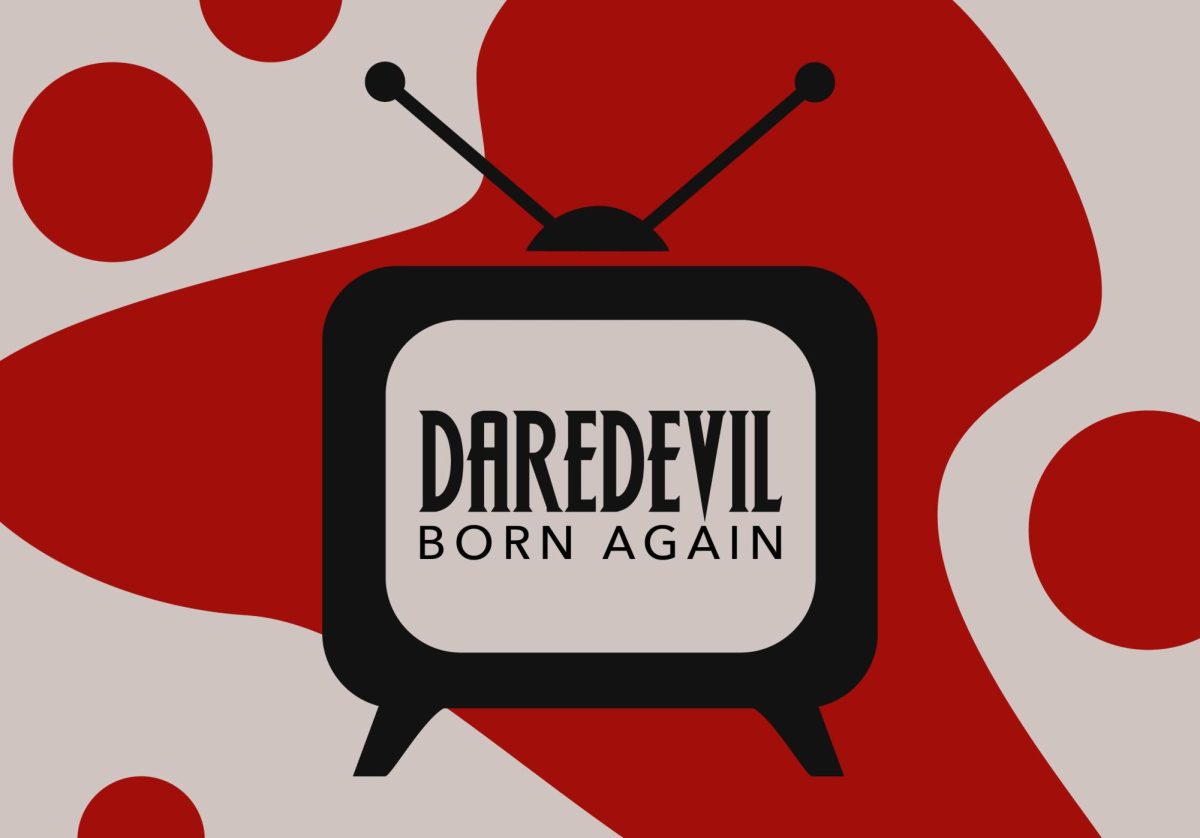Across the state, music venues and entertainment businesses continue to suffer, having gone over a year without regular gatherings or large-scale in-person events. With federal funds from the December COVID-19 relief bill yet to be distributed, local venues are turning to the state for aid.
Over the past several months, members of the Minnesota chapter of the National Independent Venue Association (MNIVA) have been advocating for relief in the form of the SaveMNStages bill, which is currently being processed by the state legislature. The bill proposes grants, licensing refunds and tax relief for Minnesota-owned venues and companies that produce live entertainment events.
The bill has been introduced in both the state House and Senate and is likely to be debated on within the coming months.
MNIVA was founded by several local venues in the early stages of the pandemic, including legendary local venue First Avenue. Ashley Ryan, director of marketing at First Avenue, has been adamant from the start about seeing action from the state.
“It was last fall when we realized there was a lot of targeted aid happening in our state and nothing for our industry, considering how devastated we’ve been and how we aren’t able to open up the way a lot of other businesses have been,” Ryan said. “We just thought that we’ve got to get more direct and get to the state legislature and talk to them about what our needs are.”
Federal bipartisan aid under the Shuttered Venue Operators Grant (SVOG) was approved by Congress and signed into law as part of the COVID-19 relief bill last December, however businesses continue to wait as applications for SVOG aid aren’t slated to open until April 8.
David Hamilton, executive director of The Cedar Cultural Center, believes his venue, and countless others across Minnesota, have been overlooked by legislators as essential to local business.
“It was something known as the ‘theater rush’ in the West Bank. Patrons would contact us and say, ‘Where can we come early to have dinner or have drinks in the West Bank?’ When we had a big show, 500 people would come into the neighborhood and frequent bars and restaurants. We would do 200 shows a year. We were vital to the Cedar-Riverside economy,” Hamilton said.
While both SVOG and the SaveMNStages bill promise relief in different forms for various businesses, some are expected to receive significantly less to no funding. Certain factors such as how much a venue has lost in the past year, or the size and scale of the company will factor into which businesses will receive aid, and how much they will receive.
The Granada Theater & Uptown Lobby was set to open the doors to their physical location in March of 2020. Having only been able to host one in-person event prior to the closures of COVID-19, Amy Reher, curator at the Granada, is skeptical of the likelihood that the Granada will be granted significant relief.
“Not every business fits into the cookie-cutter mold,” Reher said. “Just because you have expenses and loss in prior years with no income, that should not be a disqualifier for aid when we were ready, willing, and able to open outside of a global pandemic that we never planned on.”
MNIVA members urge Minnesotans to take action by visiting MNIVA.org and by contacting their local representatives to vocalize the importance of maintaining these businesses as an integral part of the community.




















